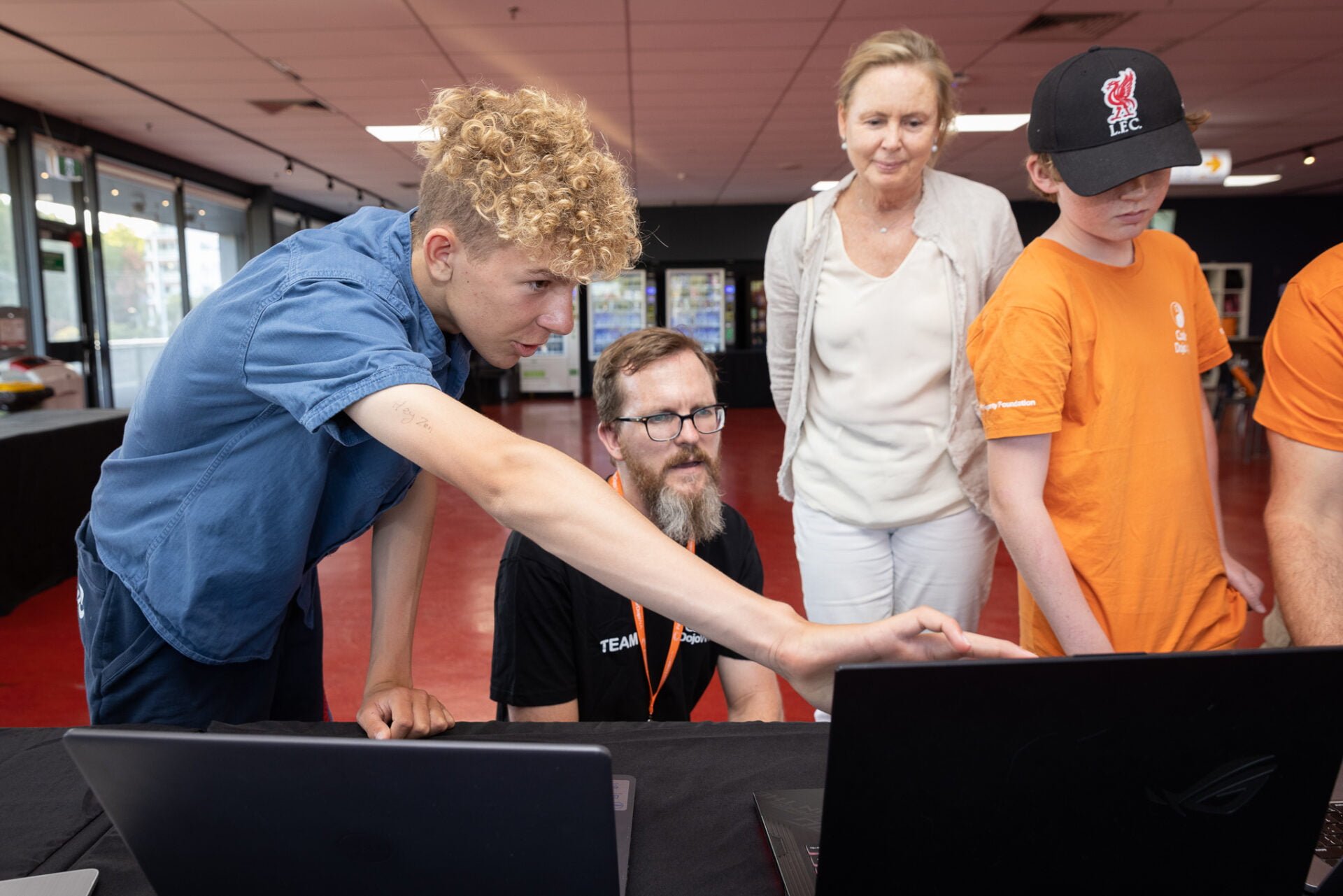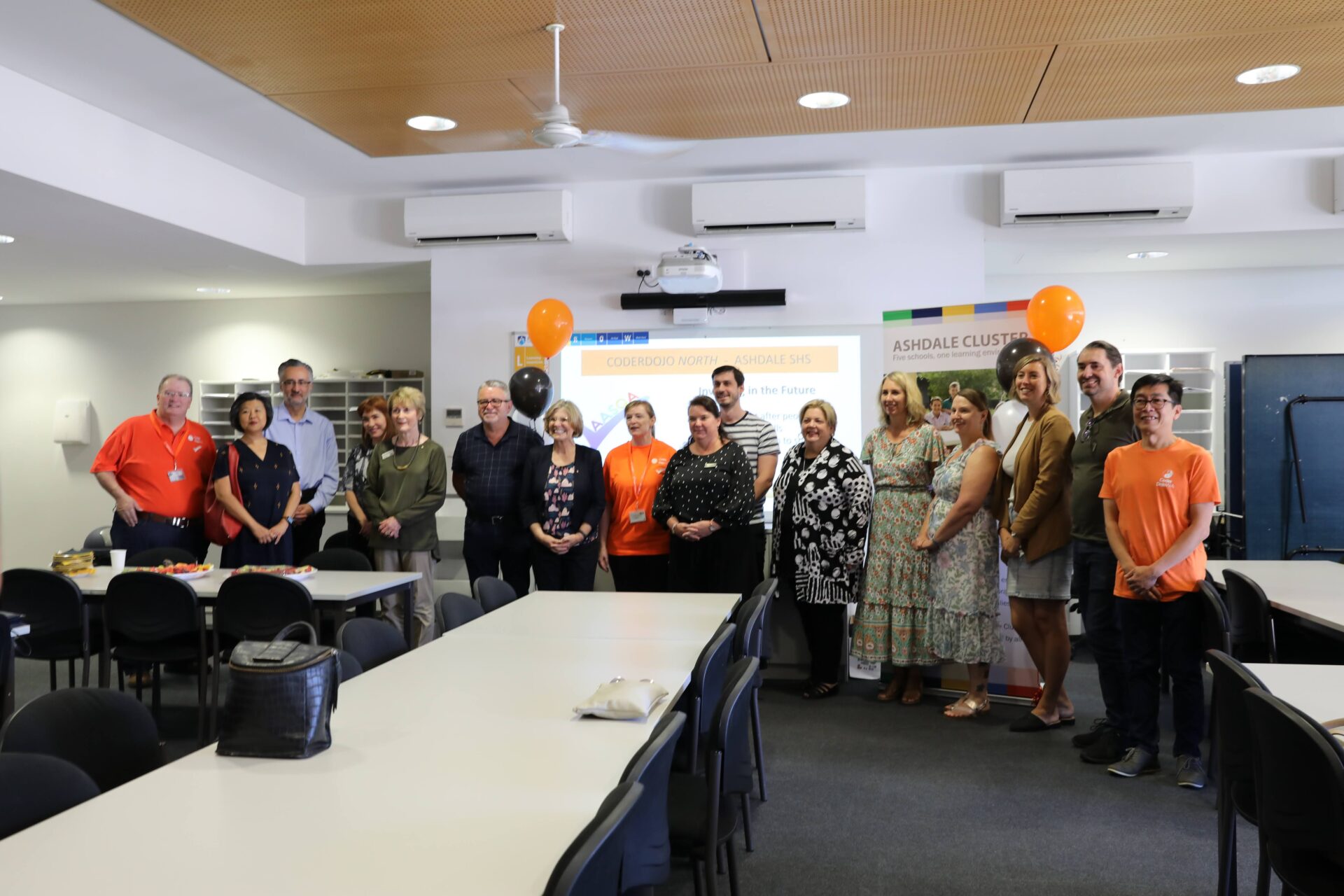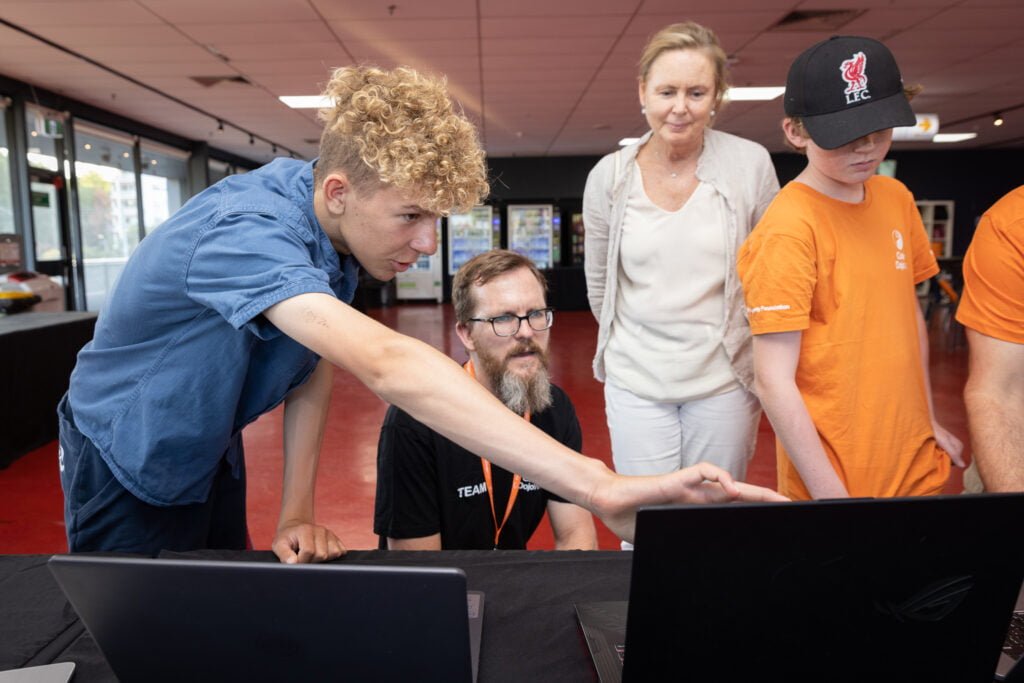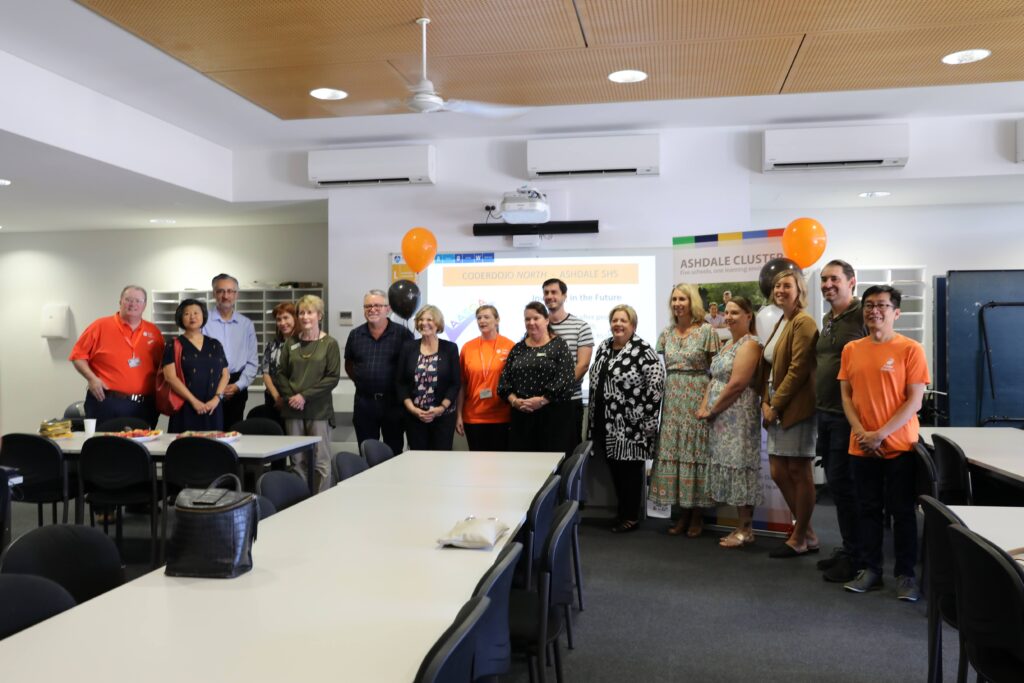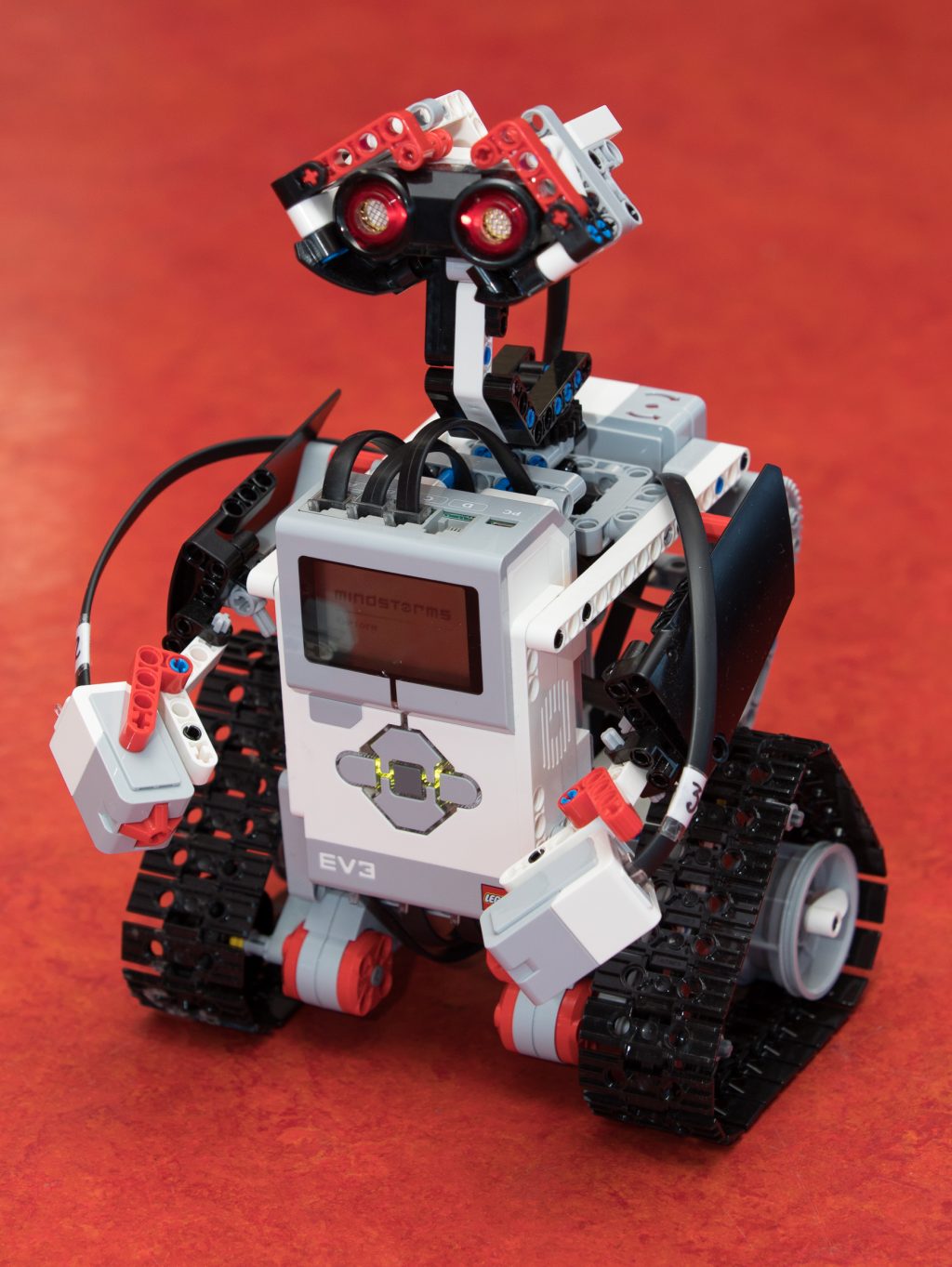EDfutures Influencer: Chee K Wong

Chee K Wong, Owner – e2 Young Engineers Perth
Chee has spent most of his adult life acting as the “interpreter” between business and technical. He has this uncanny abilities of using simple language to convey very complicated ideas. He first discovered these abilities when he was working in the technology industry where he was often asked to “translate” business speak into technical specifications.
These days, he owns and operates e2 Young Engineers, Perth. His team of instructors can be found engaging, enriching and inspiring children from 11 primary schools throughout Perth. Chee is a regular guest presenter at Scitech and speaks at various conferences related to STEM education.
Tell us a bit about e2 Young Engineers…
“We live for one thing – to see our students experience that “light-globe” moment that makes everything possible.
We provide STEM education programs using Lego in primary schools – that’s what the marketing department would like me to say. I think what where we really excel is the way we come up with crazy but believable real-world problem-solving scenarios that takes students through amazing experiences. The keywords are problem-solving and experience. Through these experiences, students learn but more importantly it triggers their curiosity to keep them seeking new knowledge. When we create these experiences, we use elements of story-telling, hands-on demonstrations and our specially designed Lego kits to make learning fun, accessible and rapid. We work with teachers, school leaders & students from PP-6 and we are part of a larger network that also operates in QLD, NSW & VIC.”
What partnerships do you have with the community?
In 2017, we discussed forming partnerships with several schools, including John XXIII College about the opportunity to become what we call an Exemplary Engineering School (EES). The idea of EES is to demonstrate to primary school leaders and teachers that anyone can teach engineering (Yes anyone! It’s not that scary) and easily embed more authentic problem-solving opportunities into their classroom. In its entirety, EES is intended to be a whole-school – community – industry ecosystem. A concept that I know is used at EDfutures regularly. At present, several schools are piloting the first stage of EES – enabling internal teaching staff to deliver engineering in their school.
We are also engaging with industry to seek interested groups to collaborate on EES. I see industry as an important component to this ecosystem because so many kids lack the creative problem-solving skills that is so fondly looked upon by industry. In addition, I’ve read reports that suggests that many kids have already disengaged with STEM (ie, chosen a non-STEM career path) by the time they leave primary school. These are factors that industry should care about.
It is my hope that every school will deliver engineering as they would with any of the general capabilities in the curriculum. This may seem a far-fetched idea to most because of pre-conceptions of what engineering is, but once you get familiar with the idea that engineering is actually a methodology to solving problems then this really starts to make sense.”
What drives you personally in your work?
“Personally, I’m on a mission to save humanity. Seriously! I have this vision in my head that about fifteen years from now (when current primary students become adults) we will arrive in a workplace that is vastly different. There will be no jobs, no salary and lots of automation. It will be an age where creativity and on-the-spot problem-solving skills reign supreme because every previously known fact, formula or process would have already been coded into a ‘sub-routine’. Many futurists talk about the job losses when this age arrives, but I don’t see that as the biggest problem. I see mental health on a massive scale as the most profound problem we will face.”
Learn more about e2 Young Engineers here.
